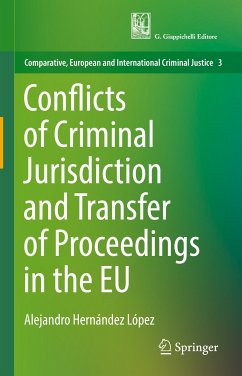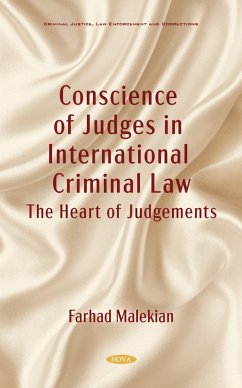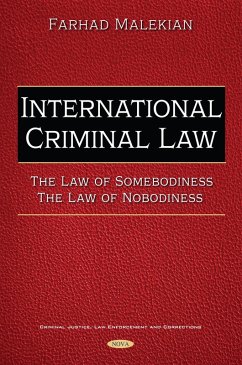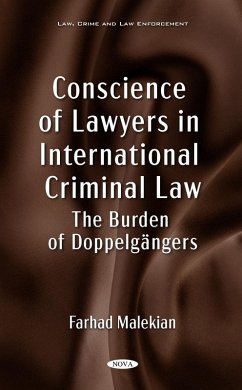This book analyses the current EU legal framework on conflicts of jurisdiction and transfer of criminal proceedings, paying special attention to its numerous shortcomings and loopholes from a fundamental rights and due process of law perspective. The book begins with an assessment of the variousprinciples and grounds used by Member States for claiming criminal jurisdiction. Secondly, de lege lata EU procedure on the settlement of conflicts of criminal jurisdiction, as well as its implementation in Spain and Italy, are thoroughly examined. After discussing the main principles and fundamental rights at stake, the author proposes two alternative and original de lege ferenda models for the prevention and settlement of conflicts of criminal jurisdiction and transfer of criminal proceedings, exploring the different possibilities offered by the EU's primary law.
Dieser Download kann aus rechtlichen Gründen nur mit Rechnungsadresse in A, B, BG, CY, CZ, D, DK, EW, E, FIN, F, GR, HR, H, IRL, I, LT, L, LR, M, NL, PL, P, R, S, SLO, SK ausgeliefert werden.









